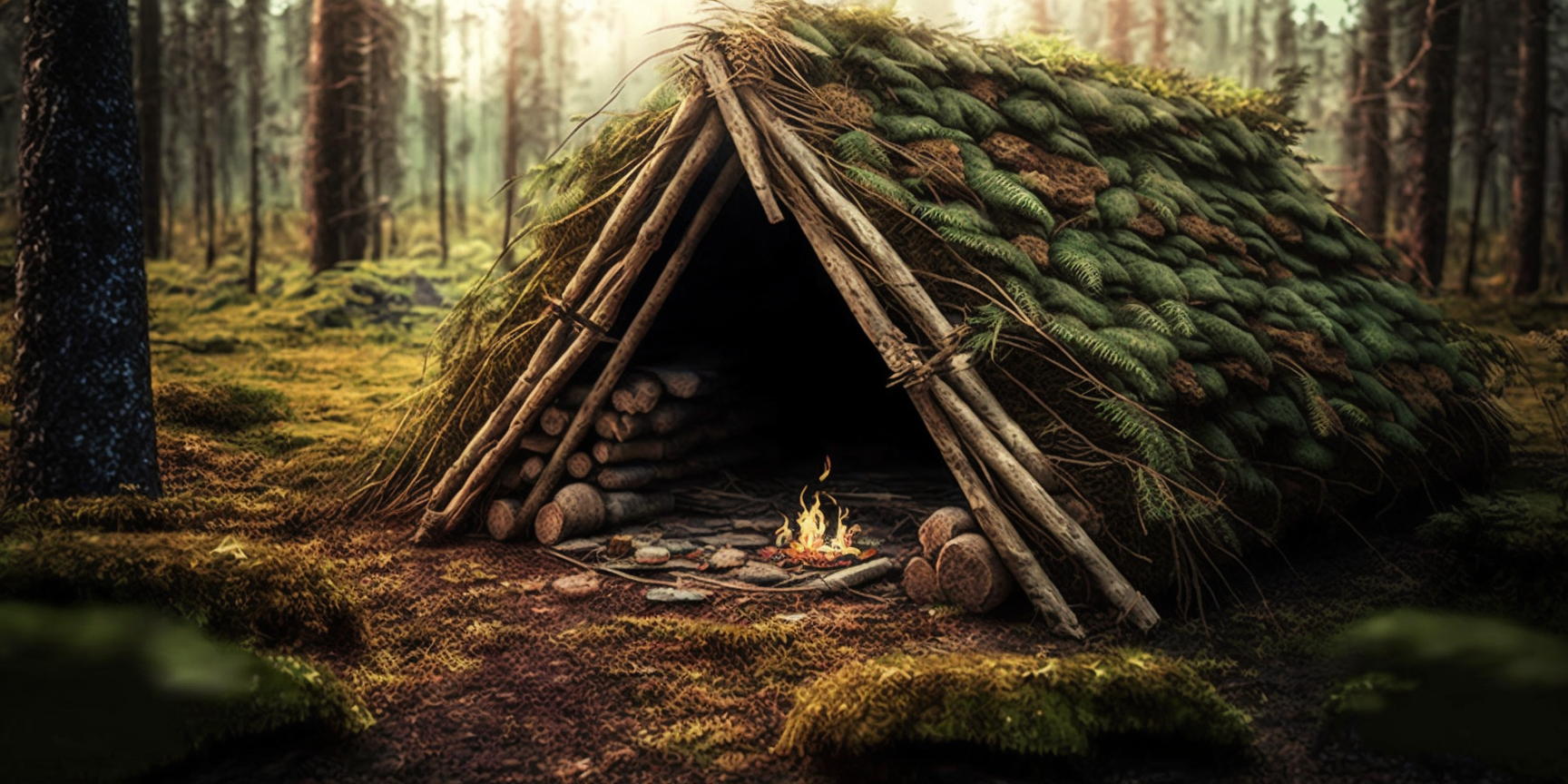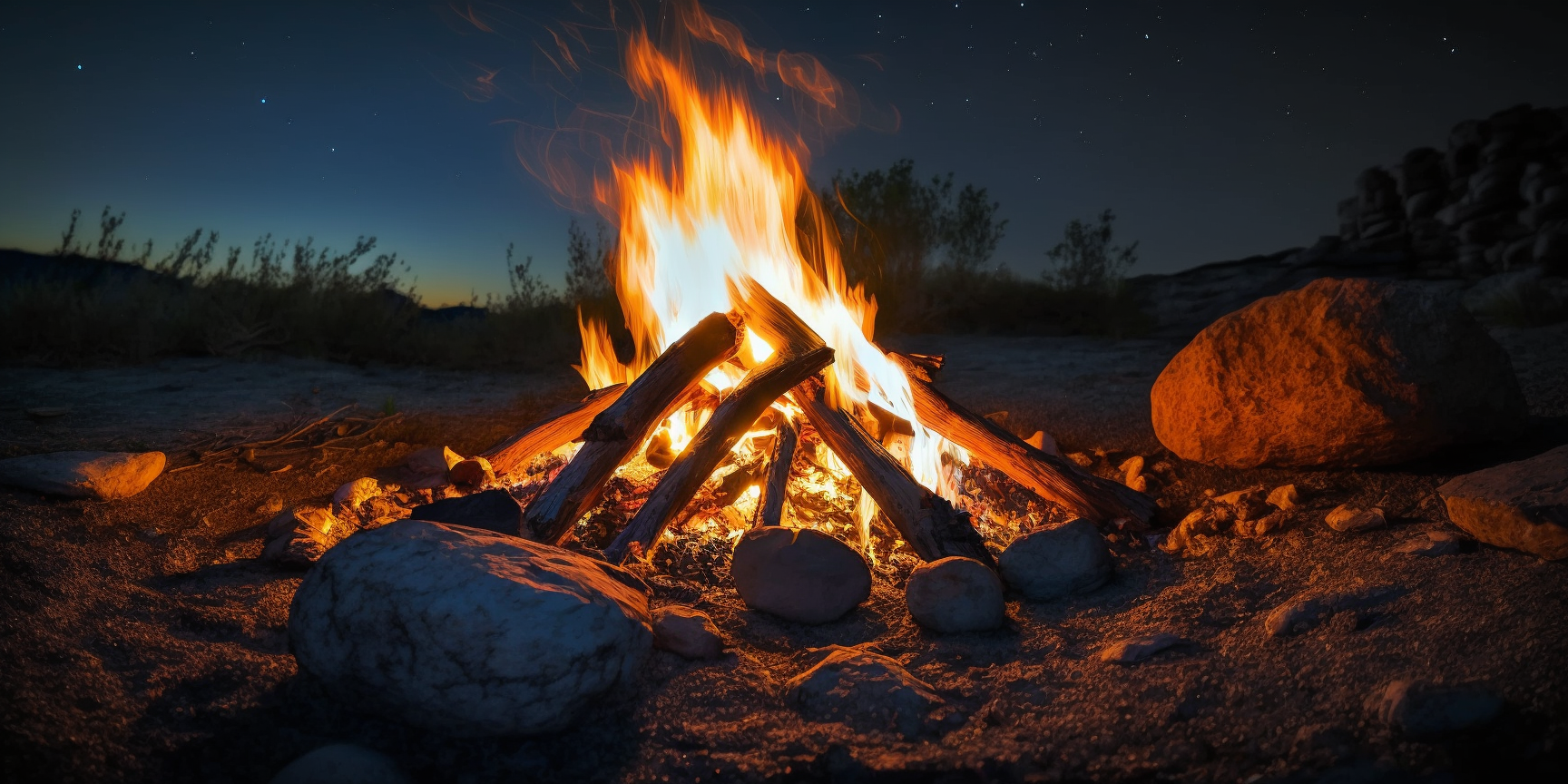
The History of Prepping: From Survivalism to Mainstream Preparedness
The History of Prepping: From Survivalism to Mainstream Preparedness
The concept of prepping, once seen as the domain of survivalists and doomsday enthusiasts, has now permeated mainstream culture globally, including in the UK. This journey from fringe to mainstream reflects a broader shift in societal attitudes towards safety, self-reliance, and preparedness in an increasingly uncertain world. This article explores the evolution of prepping, examining its roots, global spread, and how it has become an integral part of many people's lives in the UK.
- Early Origins of Survivalism
Prepping traces its roots back to the survivalist movements of the early-mid 20th century.
During WW2, in the UK, the ever-present threat of airstrikes destroying your home or business deeply impacted peoples' lives, with many households building bomb shelters, stocked with provisions, that they would rush to in the event of localised bombing raids.
During the Cold War era, fears of a nuclear apocalypse drove many in the US to prepare for the worst. Fallout shelters and stockpiling became synonymous with this period.
- Global Events Shaping Prepping
Various global events have influenced the prepping culture. The Cuban Missile Crisis in 1962, for instance, sparked a wave of survivalism in the US. Similarly, the Y2K bug in 2000, fears of technological disruptions, and the 9/11 attacks further propelled the growth of prepping. Interestingly, a study in 2000 estimated that Americans spent over $300 million on Y2K preparedness supplies.
- Cultural Impact of Prepping
In popular culture, TV shows like "Doomsday Preppers" and movies such as “The Road” have both sensationalized and normalized prepping. Literature also played a role, with books like “Patriots” by James Wesley Rawles influencing survivalist ideologies. These media portrayals have helped shift the perception of prepping from a fringe activity to a more accepted form of caution.
- The Evolution of Prepping Philosophy
Initially, prepping was closely aligned with survivalist ideologies, often linked to self-defence and a distrust of government. However, over time, it evolved into a more inclusive practice focused on general emergency preparedness. In fact, today’s prepping is less about bunkers and more about practical readiness for life’s uncertainties.
- Prepping in Different Parts of the World
Globally, prepping takes various forms, influenced by local contexts. In Japan, earthquake preparedness is a part of everyday life. In Australia, bushfire readiness is crucial. Each region’s unique challenges shape its prepping culture. In hurricane-prone areas like the Caribbean, prepping focuses on weather resilience, while in parts of Africa and Asia, it's more about dealing with water scarcity and food shortages.
- Prepping’s Growth in the UK
In the UK, the prepping movement has gained significant momentum in recent years. Concerns over Brexit-related disruptions, global pandemics, and extreme weather events have led to a surge in preparedness activities.
- The Role of Government and NGOs
Governments and non-governmental organizations worldwide have played a role in promoting preparedness. In the UK, the government’s “Get Ready for Brexit” campaign in 2019 included aspects of prepping for potential supply chain disruptions. The British Red Cross and other organizations offer resources and training for emergency preparedness, reflecting the mainstream acceptance of prepping.
- Prepping and Technology
Advancements in technology have transformed prepping. From sophisticated weather tracking systems to apps that provide emergency alerts, technology has made prepping more accessible and data-driven. In addition, social media platforms have become vital for sharing information and tips within the prepping community.
- Environmental Concerns and Sustainability
Environmental degradation and climate change have also influenced the prepping movement, with a growing emphasis on sustainable living practices as a form of long-term preparedness. Prepping and self-reliance can be considered intertwined, and true self-reliance is by its very nature lower in impact to the environment. Whether your looking at growing and preserving your own food, or trying to go off-grid, prepping behaviours frequently help reduce people's impact on the planet.
- The Business of Prepping
The rise of prepping has led to a burgeoning industry. From emergency kits to survival courses, businesses have tapped into the growing demand for preparedness products and services. The global market for emergency preparedness products is projected to continue to grow for the foreseeable future, reflecting the growing commercialisation of the prepping movement.
- Community and Prepping
Prepping has fostered a sense of community among practitioners. Online forums, local groups, and workshops provide spaces for sharing knowledge and resources.
- The Future of Prepping in the UK
As the UK faces challenges like supply chain instability, societal unrest, climate fluctuations, economic uncertainties, and global health crises, the prepping movement is likely to grow, evolving in response to new threats and opportunities.
Final Thoughts
The journey of prepping from survivalist roots to a mainstream practice reflects a broader societal shift towards valuing self-reliance and preparedness. In the UK, as in many parts of the world, this movement has grown in response to specific local and global challenges, shaping a culture that values readiness and resilience. As we move forward, it is likely that prepping will continue to develop in ways we have previously not expected - preparedness is a potential new national passion.
Suggested Articles
Building a Shelter
When out hiking in the UK, unexpected changes in weather conditions can occur, making it important to be prepared wit...
How to Signal for Help - an Essential Survival Skill
In a survival situation, signalling for help can be a critical skill that can increase your chances of being rescued....
Starting a Campfire
When you're out hiking or on an expedition, lighting a fire can be a useful skill to have. Whether you need it to coo...




